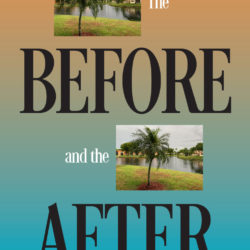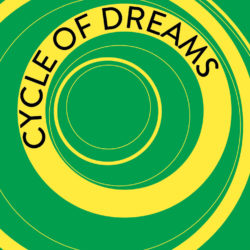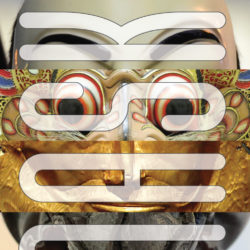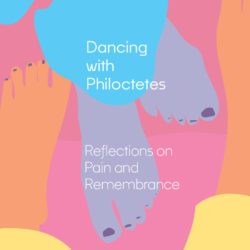The Before and the After: Critical Asynchrony Now
Imprint: Tangent
Published: 01/22/2025
Between 2020 and 2021, in the depths of the Covid-19 pandemic, the thirteen authors included in The Before and the After: Critical Asynchrony Now turned to reflections on the late work of Jacques Derrida in an attempt to think through the temporal disjunctions imposed by the global emergency. They found themselves thinking through ideas and[…]








